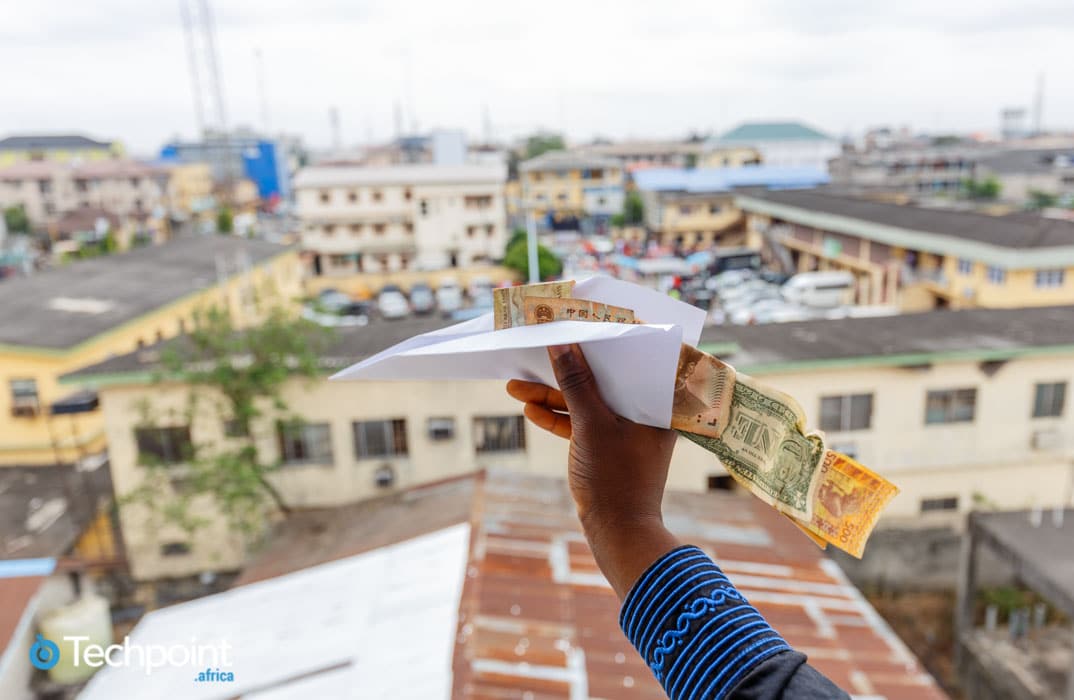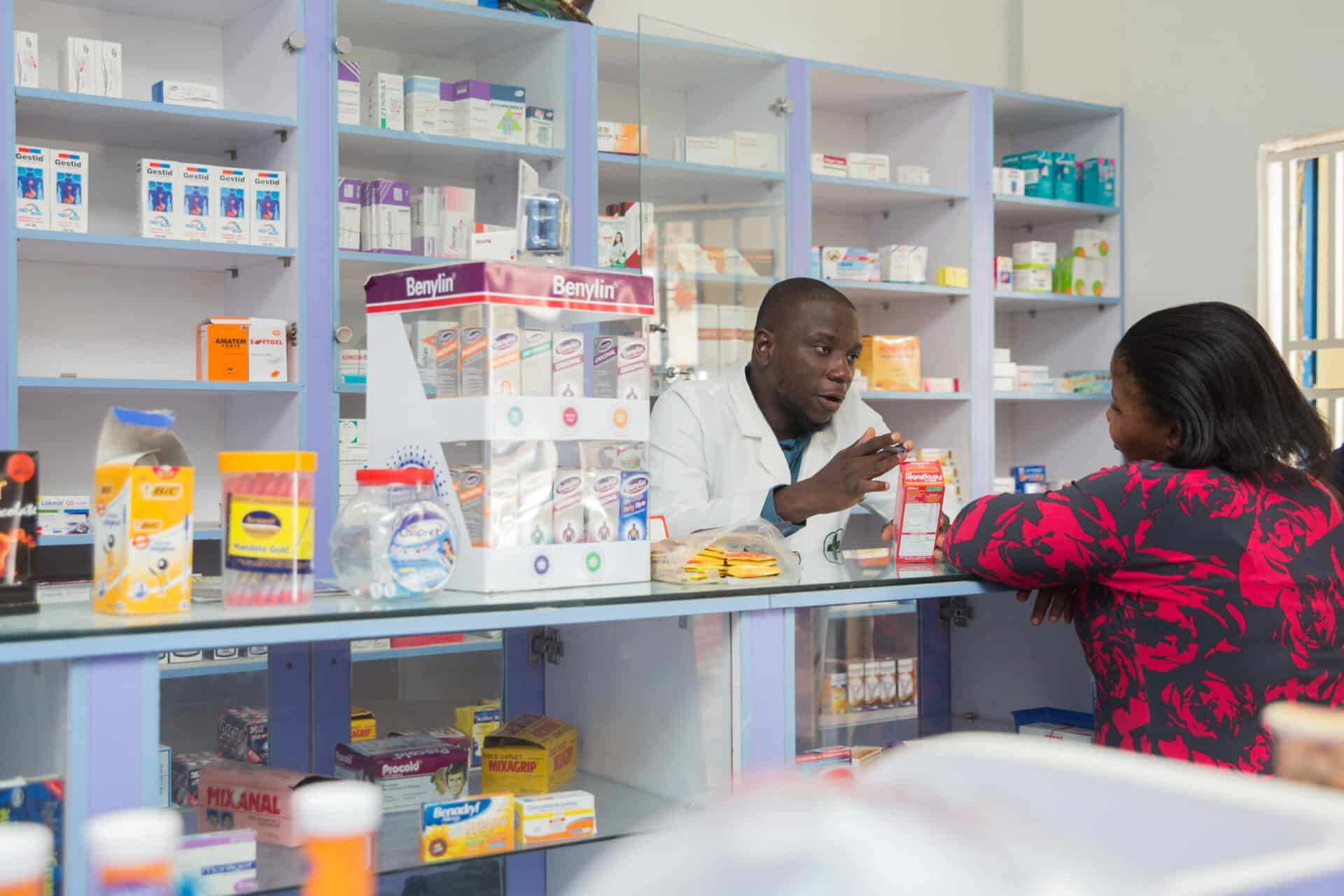Why does a lawyer with a cushy government job decide to go into the stressful world of the startup founder?
Your guess is as good as ours, and Techpoint Africa decided it was time to find some answers.
In 2015, after a stint in the Office of the Legal Adviser at the Organisation for the Prohibition of Chemical Weapons, Tola Onayemi accepted the position of Technical Adviser to the Office of the Vice President of the Federal Republic of Nigeria on Industry, Trade & Investment.
This position led him to serve as Nigeria’s Assistant Chief Trade Negotiator, where he led parts of the negotiations for the African Continental Free Trade Area (AfCFTA) Agreement.
Onayemi told us, “There had been a mandate to negotiate the AfCFTA, but no one had really used it; it had just existed. But given the late Ambassador Chiedu’s [Osakwe] experience, Nigeria started centring the conversation, and in a year, Nigeria had pushed through the AfCFTA. And I worked on that.”
On a clear, sunny day on July 7, 2019, Nigeria signed the AfCFTA in Niamey, Niger.
For members of Nigeria’s tech community, signing the AfCFTA resulted in discussions on what it meant for them.
In August 2019, Onayemi was invited to Kigali to attend the creation of the Africa Technology and Creative Group (ATCG) by the Co-creation Hub (CcHub). Apart from his experience with negotiating the AfCFTA, he had previously advised his classmates who had gone into tech and other clients.
“We had these very robust conversations, and we started thinking, what are the things that need to happen for tech to take strong advantage of the AfCFTA, and we came up with a bunch of ideas. One of the ideas was the cross-recognition of corporate documents.
“Is there a world where there can be a central registry where I can take my incorporation documents from Nigeria to South Africa, and they are recognised automatically, so I don’t have to start the process all over again? Or how do we use hubs to create a support system of people trying to expand across the continent?”
This was when the conversation to build Norebase started.
Everything comes together neatly
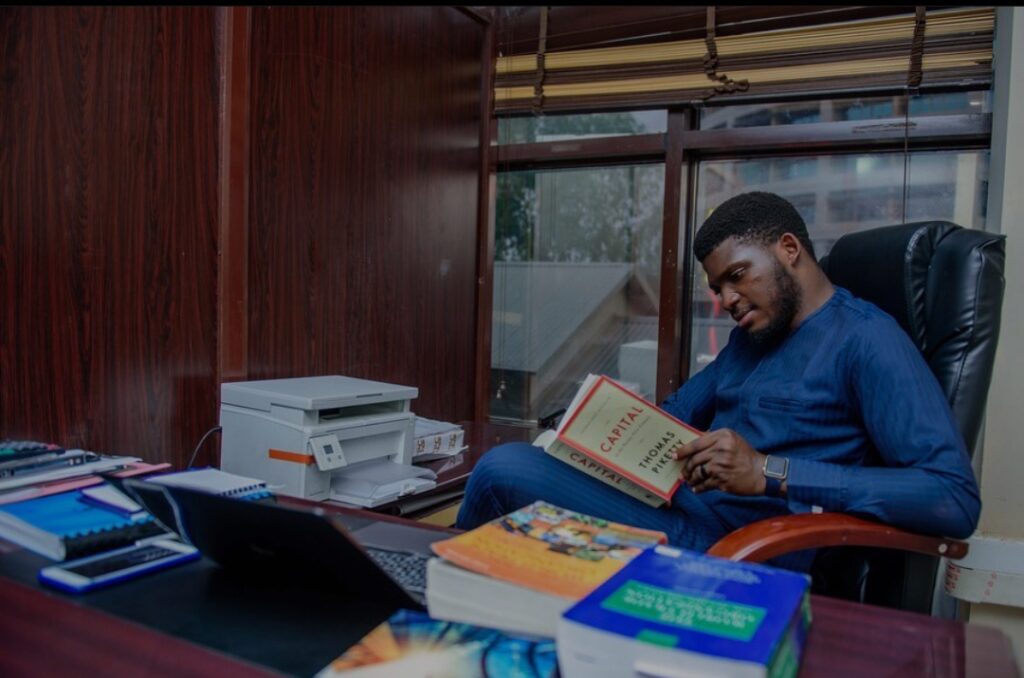
What happened between August 2019 and December 2020?
For the most part, nothing. 2020 was the year of the pandemic, and with the coronavirus bringing nations and businesses to a standstill, Onayemi’s ideas went on the back burner.
But, he soon became restless, and by December 2020, thoughts of helping to implement the AfCFTA had begun to fill his head once more. Like he told us, a policy without an implementation framework is akin to a joke.
The first challenge, however, was deciding what to do.
“There were a bunch of options, but we wanted to identify something that we could build in the private sector to scale and work. And so we started bouncing a bunch of ideas around and one that kept resurfacing was this idea of a central digital platform that helps businesses to start, scale, and operate across Africa.”
After speaking to friends, his co-founder (Tope), and getting data from the data analytics company they hired, it became clear that there was something to build upon.
From helping companies get incorporated, it became a platform to help businesses move past the incorporation stage and right into the thick of operations and expansion.
Interestingly, Onayemi told Techpoint that things moved very fast from the very beginning with them already handling clients, even at the ideating and data-gathering stage.
“For us, there were a bunch of validating signals. One of them was being able to build out a formidable team interested in African prosperity. It was like having customers who were all in. The entire team came together and said, there’s a demand here, and we are building for it
“Another was that the demand for this solution was high and would only increase. Every potential client we interacted with only validated this point. So, the real question was, what’s the best model you use to build it in a way that makes it sustainable as a tech business?”
The concept of Norebase
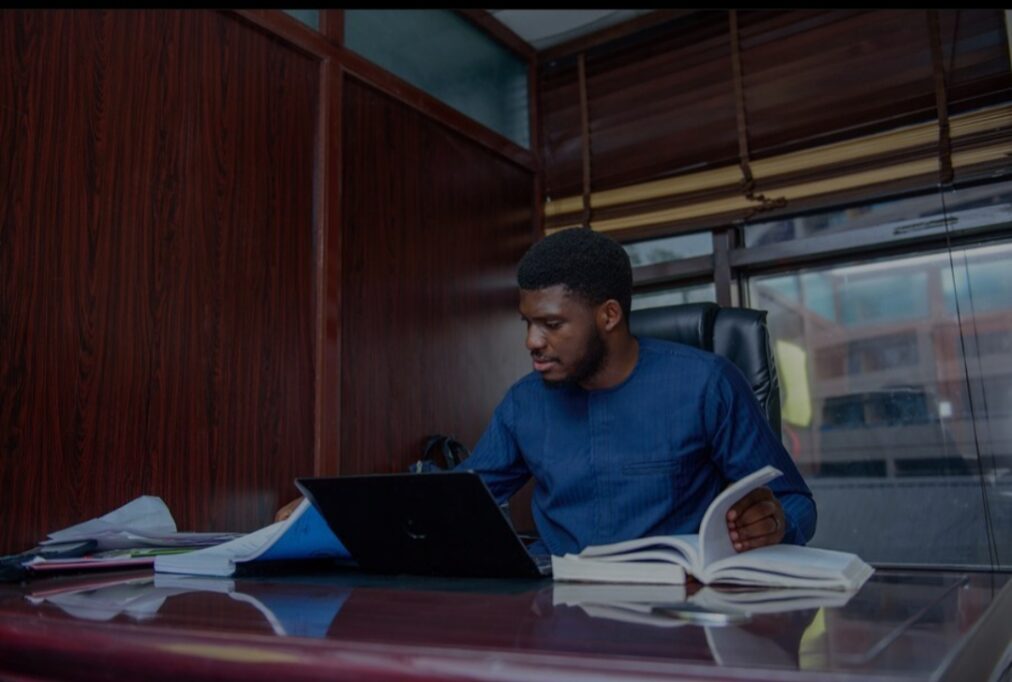
To help understand, Onayemi painted a picture comparing the US market and the African context.
“As a businessperson based in the US, you can easily stay in San Francisco alone and build a unicorn. You can stay in one place and have access to lots of disposable income. With most African businesses, you would have to cherry-pick from 54 markets because the disposable income in individual African countries can be low.”
According to him, expansion is a survival issue for most African businesses. As of 2020, nine of the ten countries on the world’s poorest countries list were African.
Essentially, the total addressable market size is quite small, even for countries like Nigeria. Although Africa’s projected population growth level is often touted as a blessing, there’re still other attendant issues many developing countries face: poor infrastructure, bad governance, and bureaucracy, among others.
He also explains that in most of these countries, the problems startups face are pretty similar, with issues such as regulators moving “interesting”, as he put it.
“The effect being that businesses have to start their business registration process anew each time, which can be long and tedious. But the thing is, when people try to expand or even set up in their own markets, one of three things happen. Either they find out that registration is very expensive, or that it’s very complicated to understand, or that there’s a trust deficit.
“What Norebsase is doing for you is simple — we are providing you with the digital infrastructure for you to register, start, and scale your business in any African country. The idea is to build a digital infrastructure that ensures that anybody can actually just get into either their own market or another market without too much of a hassle.”
At the core of this is the need for companies to focus on their business rather than be bogged down by the fine print and extraneous details.
“So imagine a world where you had previously expanded to Ghana and now need to expand to South Africa, and it is achievable with just one click. In two minutes, you have started the process to have a company in South Africa! That’s where we are going.”
Dealing with African “anyhowness”
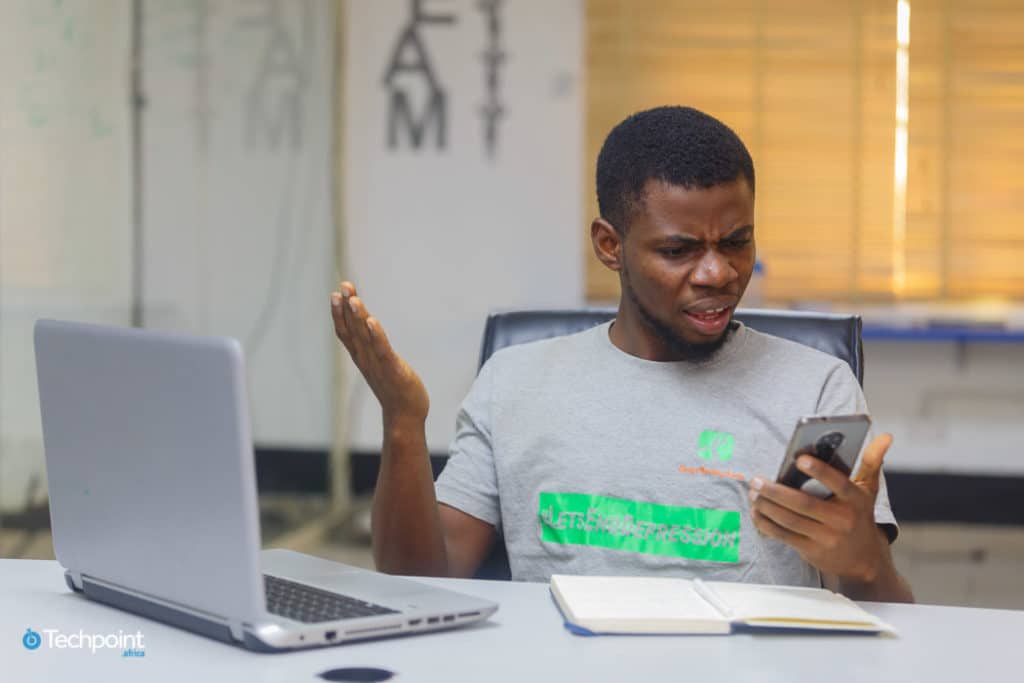
But how do you deal with similar yet different markets?
Onayemi postulates a game theory where countries have to compete for startup attention.
“Imagine a world where you say, I’m in Nigeria, but I don’t want to incorporate in Nigeria. I want to go to Kenya. What that does is, you create an incentive where countries now have to compete for who has the better environment.”
The end goal, with the help of the AfCFTA as a cushion and pressure, is to make starting and scaling so easy that countries have no choice but to change. Some might call this audacious, especially considering the African context, but it would definitely be interesting to watch how this plays out.
There’s also the fact that building for the African market is quite different in the sense of having to sometimes do everything yourself.
“If you are building in the US, you can focus on a small facet of the need as others focus on complementary parts because it is a system that works. But what has been our experience so far is that we have to provide an end to end experience for our users as no one else is fulfilling the need. Our users that have registered in some countries still have to stall operations for varying reasons.”
He also touched on a lawyer’s usual gamble: understanding the rules so well that you find exceptions to them.
“So the way we basically approach it in each country today is to say, ‘What is the minimum rule in this country? What are the exceptions?’ And then build around those to ensure that our users do not have to worry about the intricate details.”
Interestingly, he said that an often forgotten side-effect with the current mode of expansion is that helpful information is either lost or rarely available.
“One big advantage is that we can aggregate learning. So, for instance, we can say, the biggest issue with expanding in Côte d’Ivoire is xxx, and you can solve it and apply it to several people at once and then it’s now a learning that you can apply at scale.”
Let’s see the numbers, though. Or maybe not.
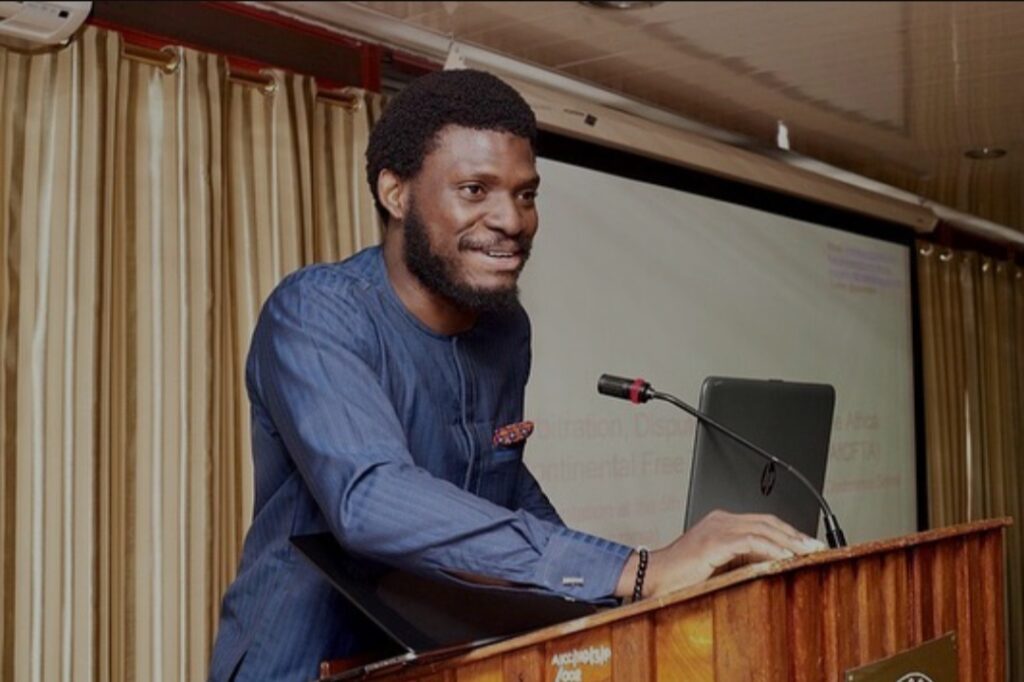
So, how much does it cost to set up in different countries?
Well, according to Onayemi, it depends on the market. Nigeria is pretty cheap, but countries like Ghana and Kenya are a bit steep, with Côte d’Ivoire a bit higher.
The price also depends on what the customer wants.
“So the way to think of it is that there’s a basic business registration product, and there are a bunch of add-ons that you can also buy.”
He also said that over time, they’ve tried to introduce price reductions. Once they get a price cut, they implement it.
We can’t tell you the price, though. You’ll have to see for yourself.
What we can tell you is what you get. In Kenya, for example, you get a company secretary that provides legal services to you for a year. You also receive a registered mailing address, among other things.
In Onayemi’s words, “It’s basically a buy-what-you-want service.”
Current challenges; future plays
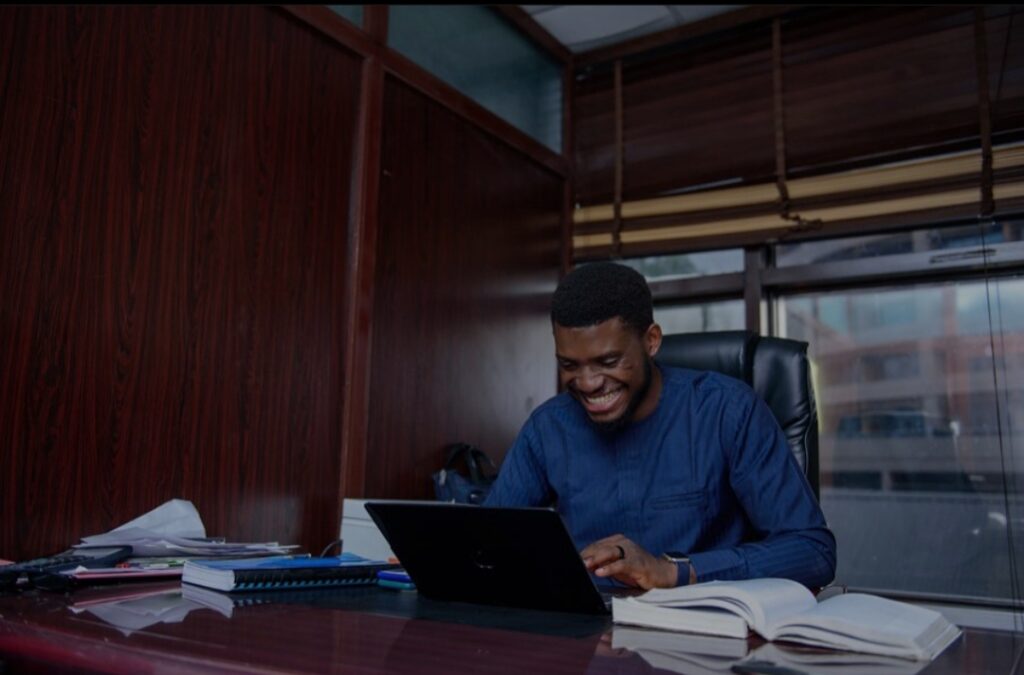
One of the biggest problems right now is data.
“One of the things we see frequently is that people want to expand, but they don’t have the requisite data to determine where they should go. We get asked questions ranging from “What is the best country to expand to?” to “How do I know this country can afford my product?” These questions, we believe, should be answered through market research, which is not a service we provide.”
But there are also policy inconsistencies and trying to choose the best markets based on that. Onayemi, however, sees this as even more reason to expand “and build antifragility into your business.”
He also believes this would improve with time because the more options businesses have, the better choices they can make, creating a sort of competition to do better among them. In his words, essentially, countries would market themselves.
For him, the different cycles of how this would play out would start with people expanding to different markets (current situation), people staying in one market and then expanding into different markets, and, finally, Decentralised Autonomous Organisations (DAOs), where you have a company that’s not registered in any African market, but with which you can do business in Africa.
“Someone can say, ‘Okay listen, I am a business incorporated in maybe the cloud or whatever it is, and I’m supplying a Nigerian businessperson with a service.’ It’s not based in Nigeria; it’s not based anywhere. That changes the entire dynamics of what businesses are or what companies can do.”
Why DAOs? He believes that giving people the power to make decisions would ultimately lead to higher decision-making capabilities because there’s no third party to make decisions for them. It forces people to scrutinise their decision-making.
“Do I think that there should be centralised regulations? Yes, but we need to strike a balance between how much we strip people of decision-making abilities and how much we just trust that they can make the best decisions for themselves.”
Currently, Norebase is introducing new features like payment in local currencies.

